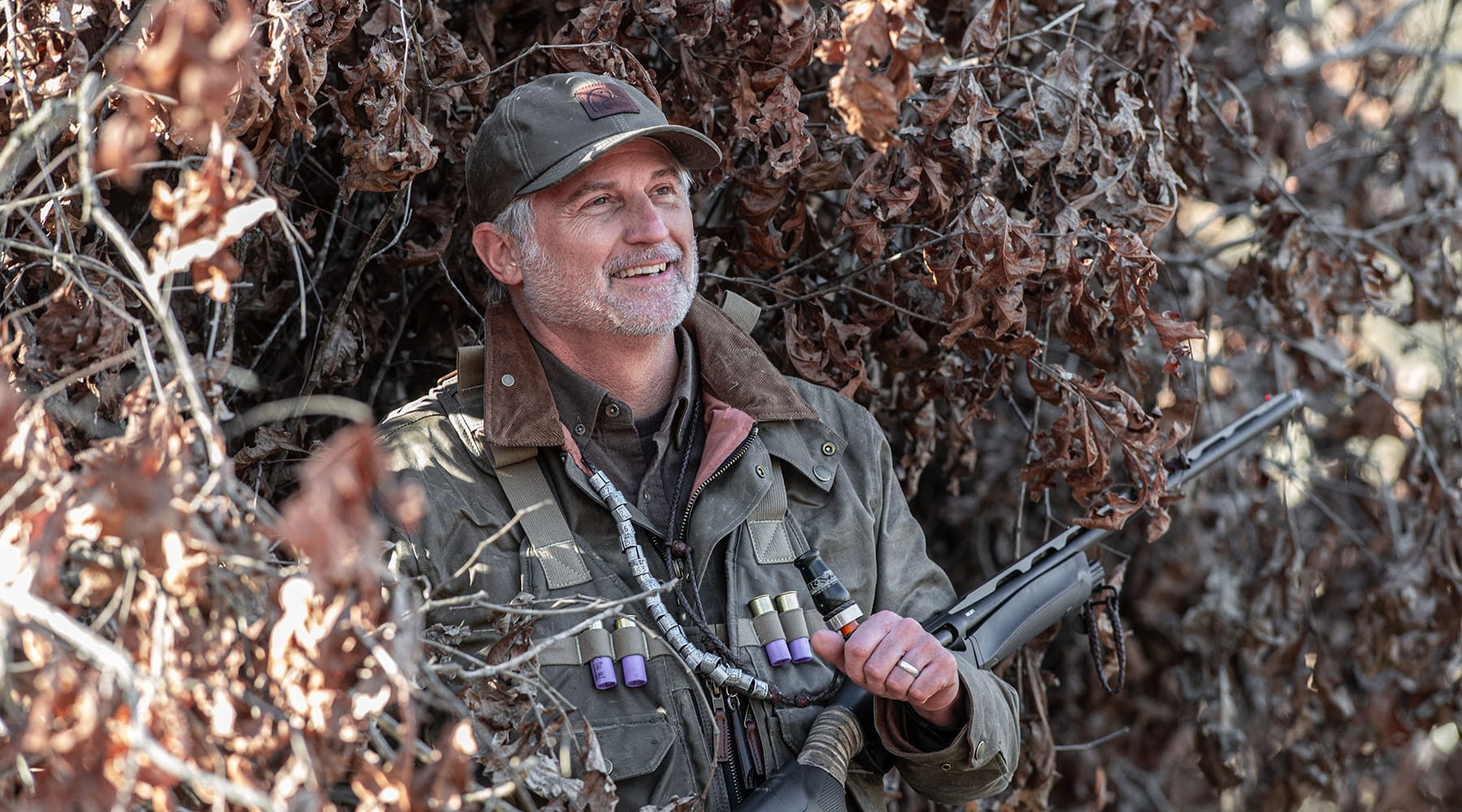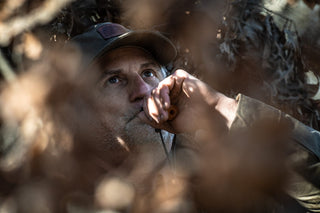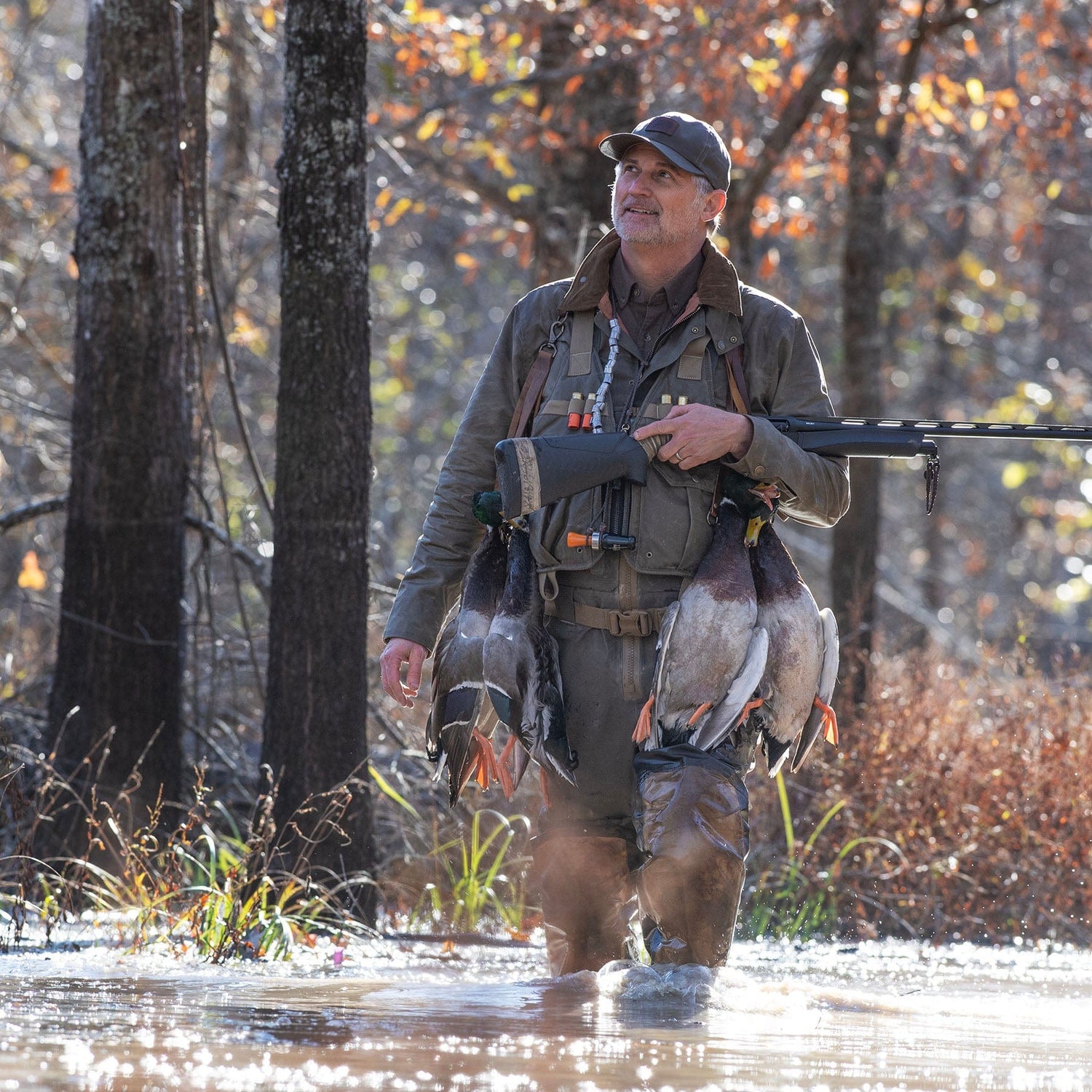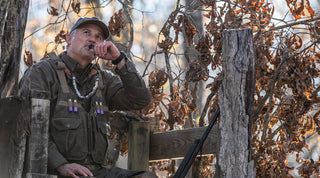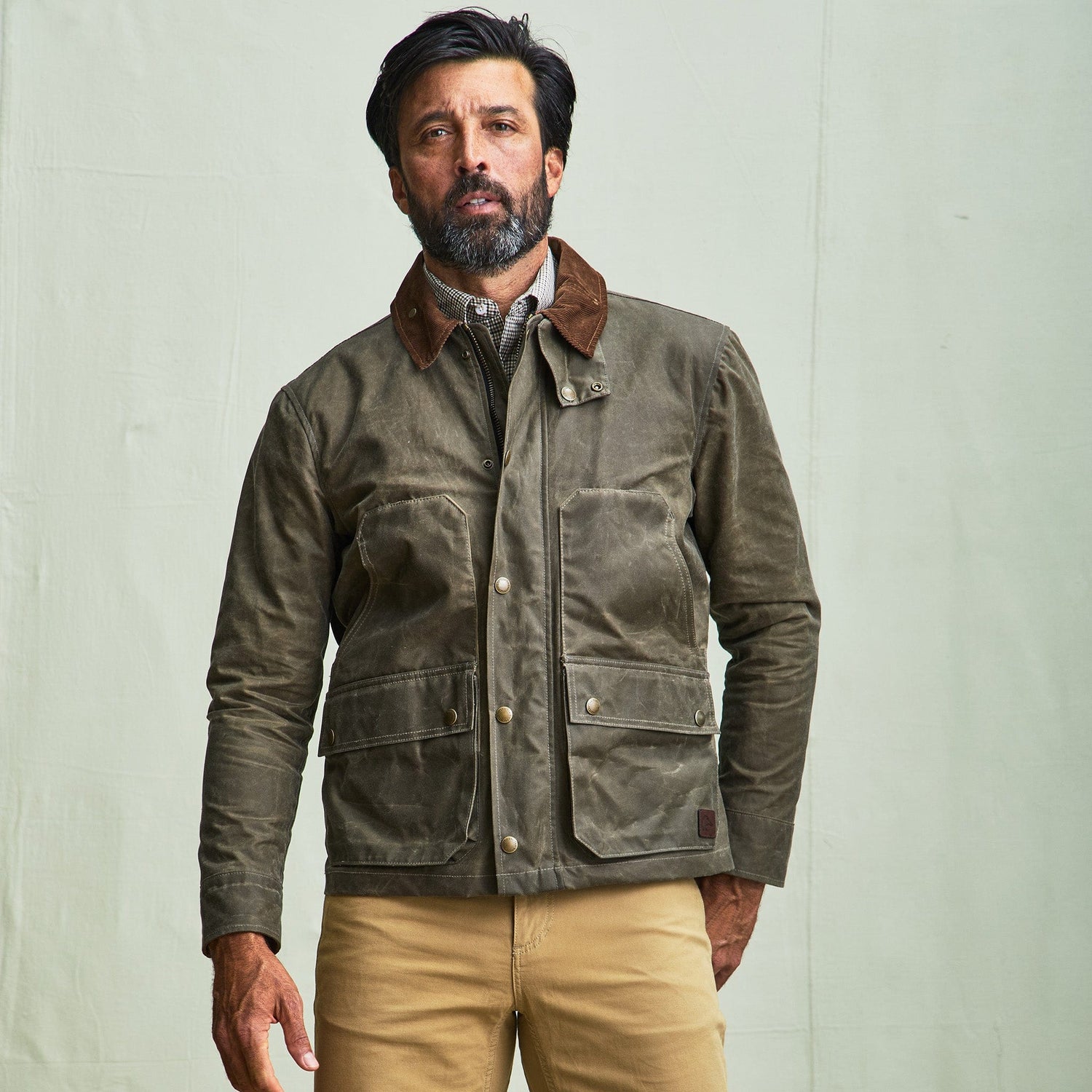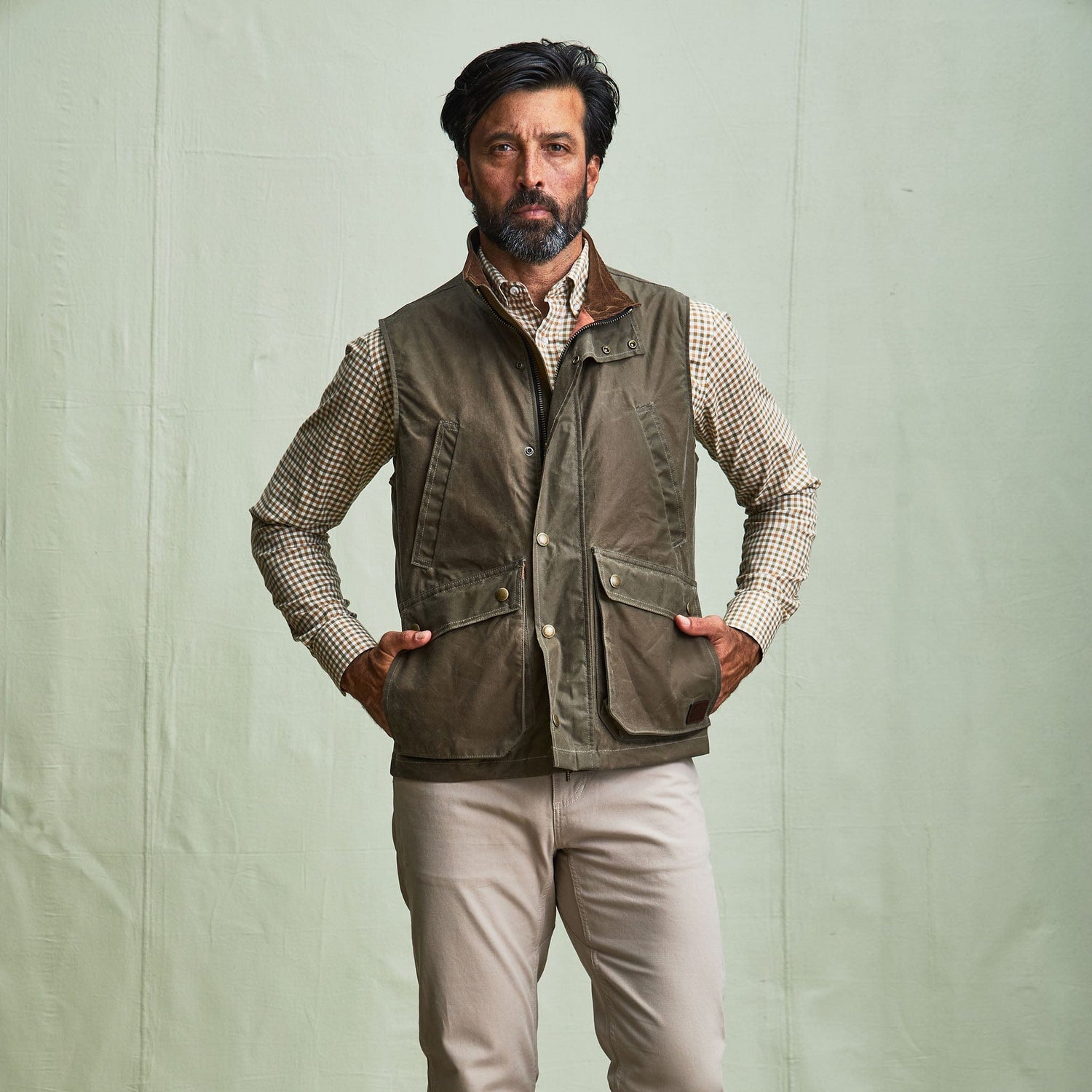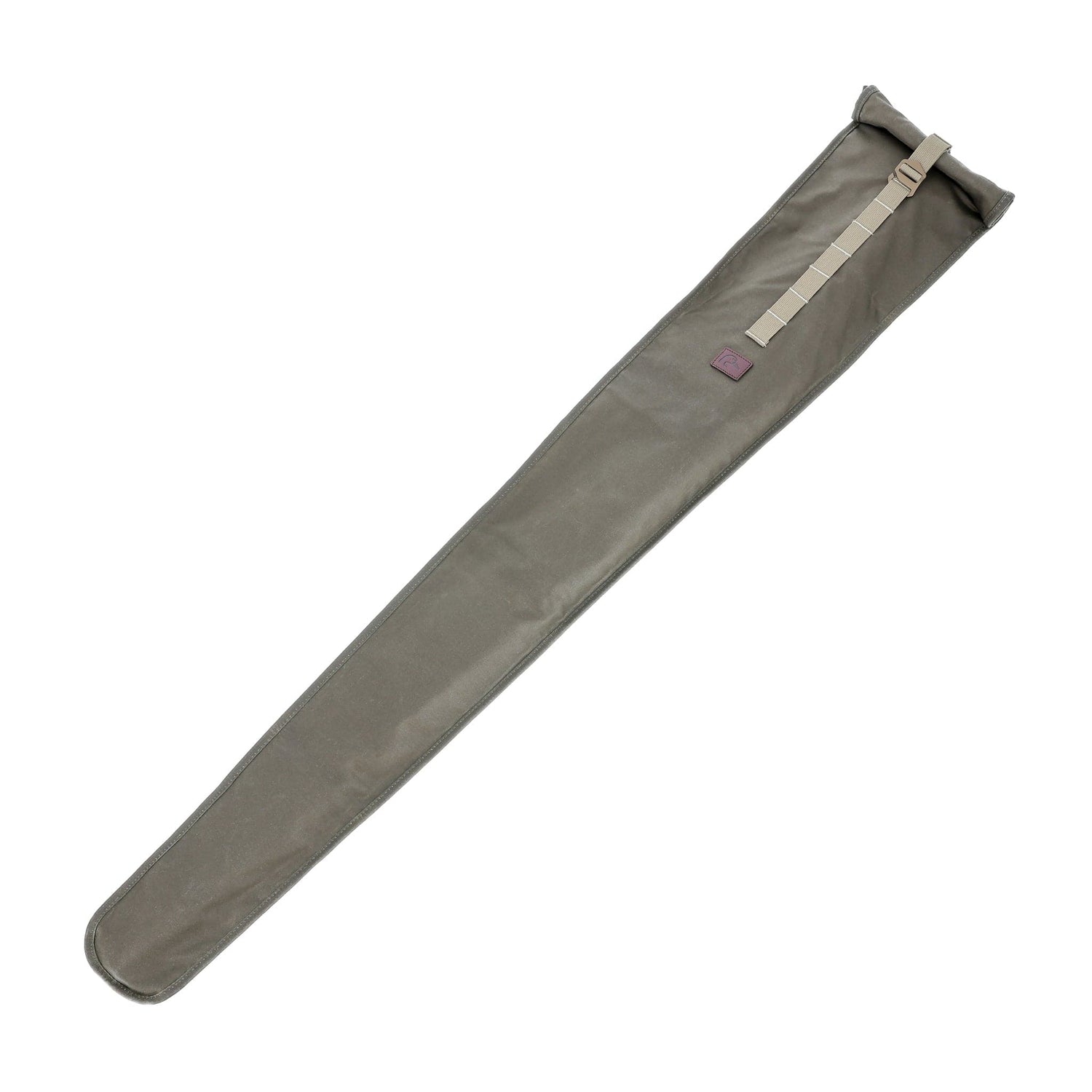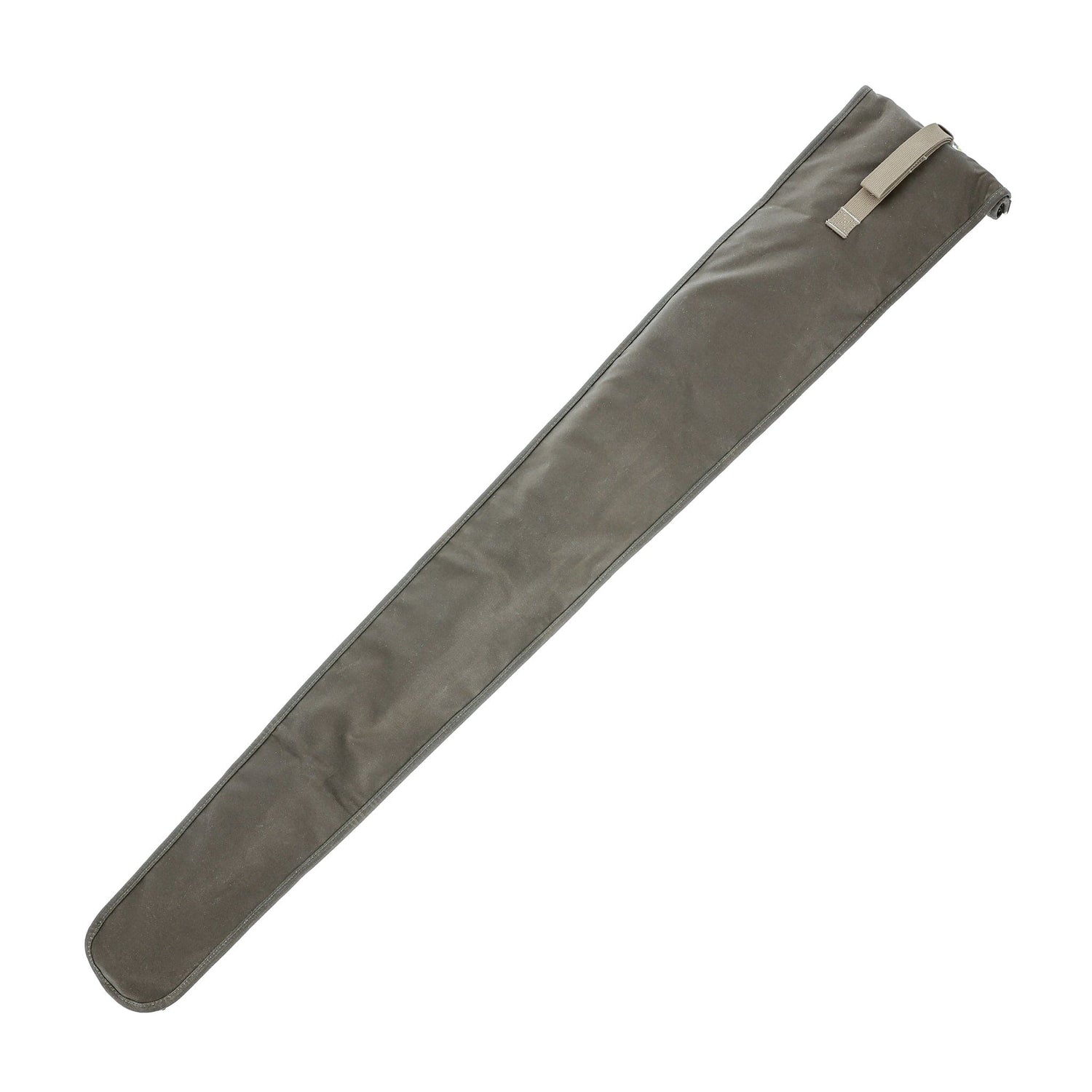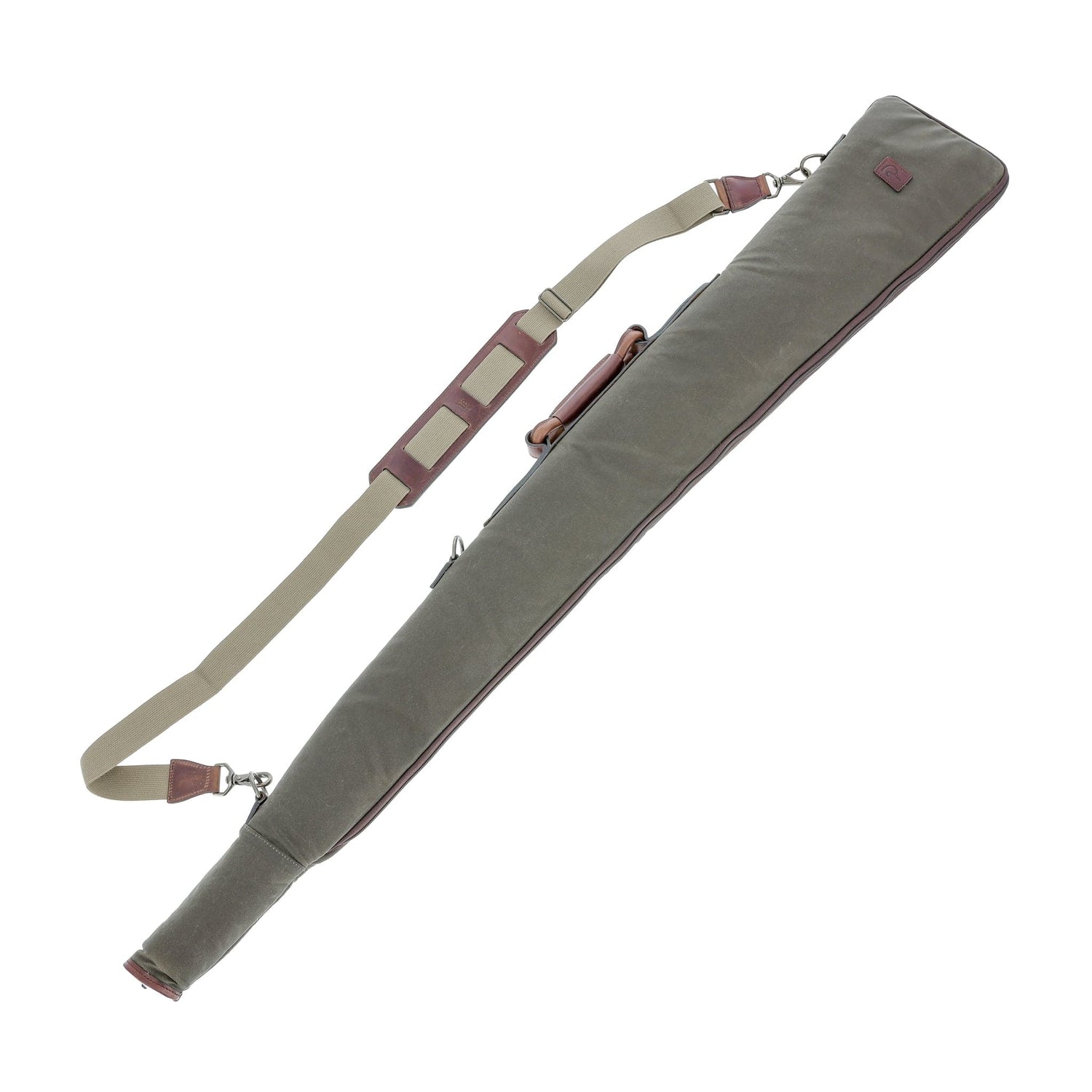Brent Birch is an Arkansas duck hunting evangelist, washed in the waters of the White River; first called to testimony when he was six years old at Crockett’s Bluff, a duck club now on America’s National Historic Register. In the forty-nine years since, Birch has hunted most of the aspirational destinations in North America’s flyways, but he says of them, relative to Arkansas’s Grand Prairie, “I don't have a burning passion to go back because of what we have here. I’m very, very fortunate that I live in a place that is the pinnacle of the sport. And not to say there's not other pockets around the country that have really good duck hunting. I just don't know that any can match the history and heritage and uniqueness of how we live and hunt here in Arkansas.”
Gifting has never been easier
Perfect if you're short on time or are unable to deliver your gift yourself. Enter your message and select when to send it.
